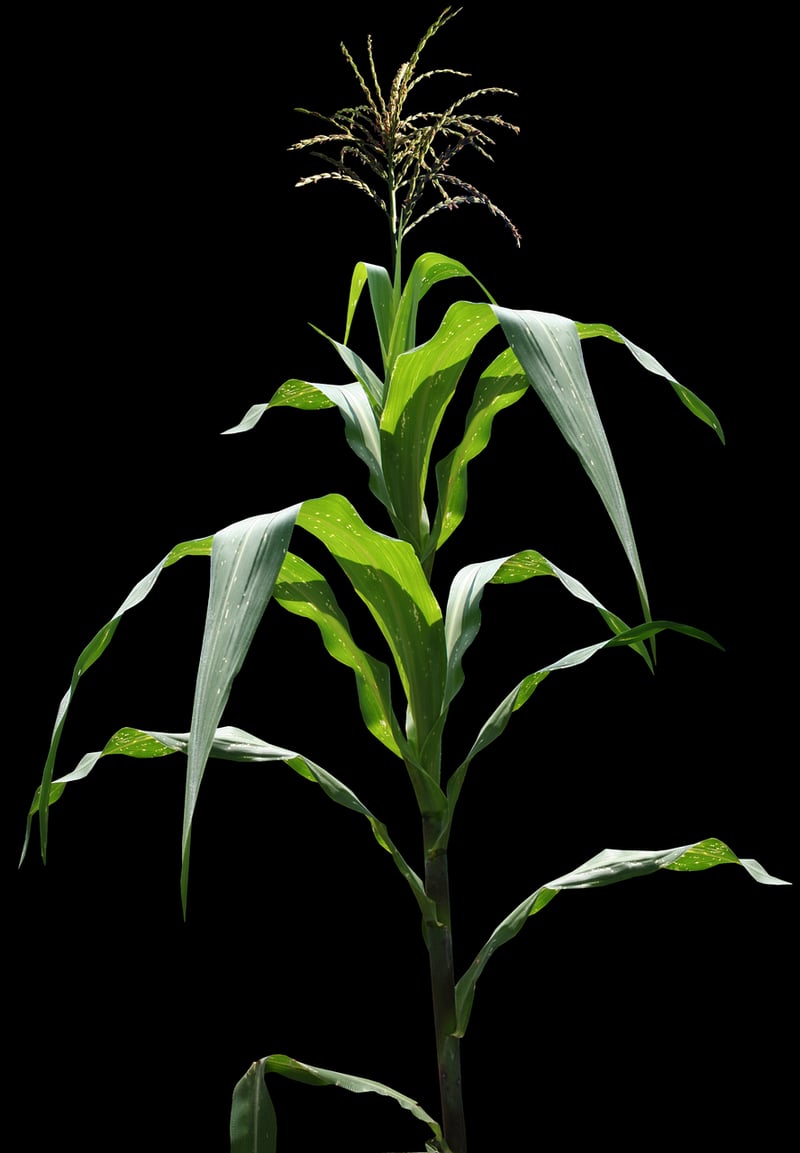Composting Techniques
How to Maintain Soil Health in Urban Gardens and Composting Techniques
Introduction
Urban gardening is a growing trend that allows city dwellers to connect with nature and grow their own food. However, maintaining soil health in urban environments can be a challenge due to pollution, limited space, and other factors. One effective way to enhance soil health in urban gardens is through composting, which not only enriches the soil but also reduces waste. In this article, we will explore how to maintain soil health in urban gardens and various composting techniques.
Why Soil Health is Important
Healthy soil is the foundation of a successful garden. It provides essential nutrients to plants, improves water retention, and supports beneficial soil organisms. In urban areas, soil health can be compromised due to pollution, compacted soil, and lack of organic matter.
Ways to Maintain Soil Health in Urban Gardens
- Use Organic Mulch: Mulching with organic materials like straw, leaves, or compost helps retain moisture, suppress weeds, and improve soil structure.
- Rotate Crops: Practice crop rotation to prevent nutrient depletion and reduce the risk of soil-borne diseases.
- Grow Cover Crops: Plant cover crops like clover or vetch during the off-season to protect the soil, add nutrients, and prevent erosion.
- Avoid Chemicals: Minimize the use of synthetic fertilizers and pesticides that can harm soil organisms and disrupt the ecosystem.
- Test Soil Regularly: Conduct soil tests to monitor nutrient levels and pH, allowing you to make informed decisions about soil amendments.
Composting Techniques
Composting is a natural process that transforms organic waste into nutrient-rich soil amendment. Here are some composting techniques suitable for urban gardens:
- Vermicomposting: Use red wriggler worms to break down food scraps into compost. Vermicomposting is ideal for small spaces and produces rich vermicompost.
- Bokashi Composting: Ferment food waste using bokashi bran, a mix of beneficial microorganisms. Bokashi composting is odorless and can compost all types of food waste.
- Hot Composting: Create a pile of organic materials, including greens and browns, and regularly turn it to speed up decomposition. Hot composting produces compost quickly but requires more effort.
- Trench Composting: Bury food scraps directly in the garden bed to decompose slowly and enrich the soil. Trench composting is simple and helps improve soil structure.
Conclusion
By following these tips to maintain soil health in urban gardens and implementing composting techniques, you can create a thriving garden in even the most limited urban spaces. Remember, healthy soil leads to healthy plants and a more sustainable environment.
Start your urban gardening journey today and watch your garden flourish!

For more information on urban gardening and composting, visit EPA - Types of Composting.
